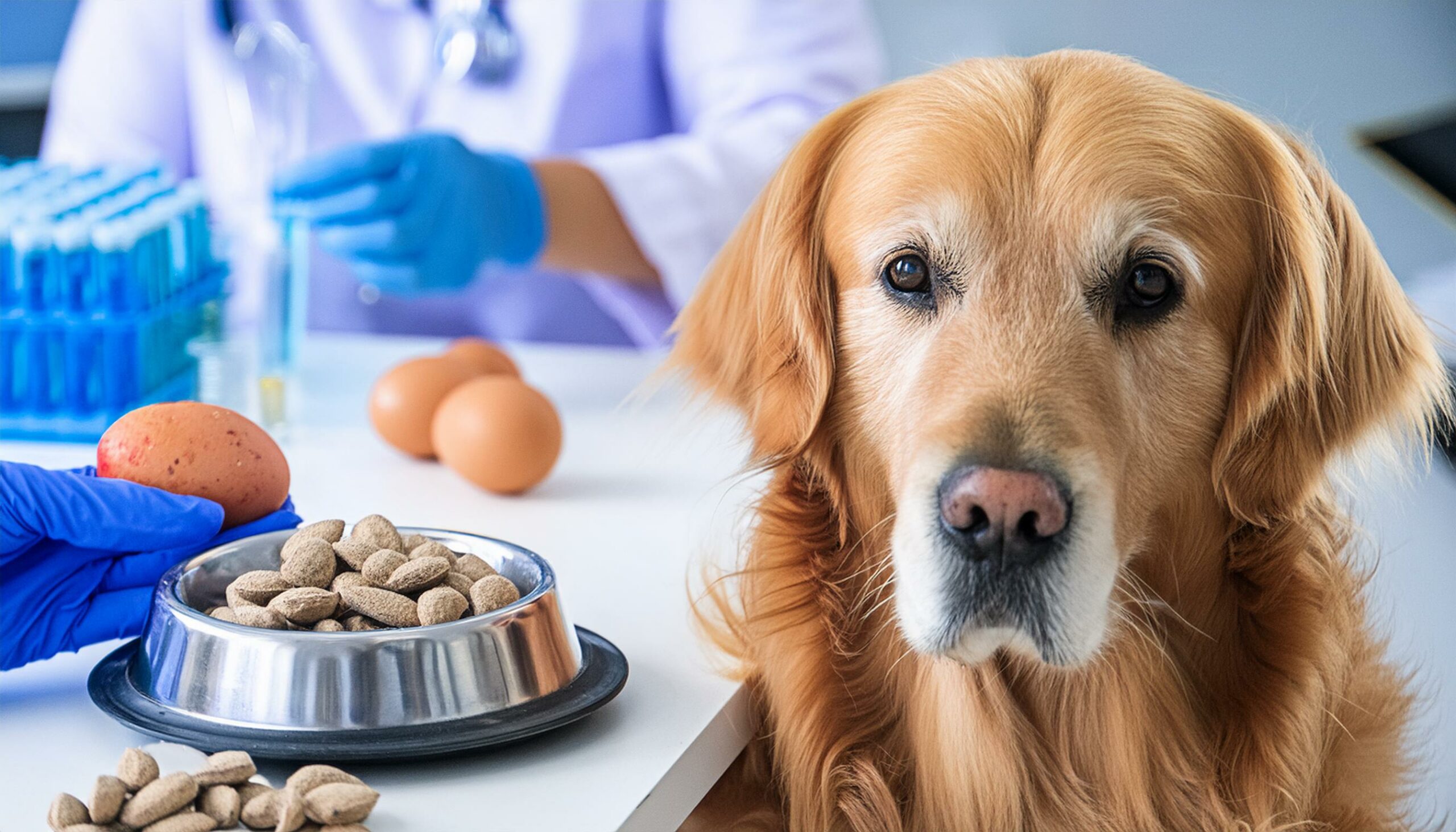Golden Retrievers are cherished companions known for their friendly demeanor and unwavering loyalty. However, like any other breed, they are susceptible to allergies, including food allergies. This article aims to explore the common foods that Golden Retrievers are allergic to, how to identify and manage these allergies, and ensure the well-being of these beloved pets.
Introduction to Golden Retrievers and Allergies
Golden Retrievers, with their affable nature and boundless energy, are popular choices for families and individuals alike. However, their susceptibility to allergies, including food allergies, is often overlooked. Just like humans, dogs can develop allergies when their immune systems react adversely to certain substances, leading to a range of symptoms and discomfort.
Common Food Allergies in Golden Retrievers
Identifying Food Allergies
Identifying food allergies in Golden Retrievers can be a daunting task for pet owners. Symptoms may vary widely and can often be mistaken for other health issues. It’s crucial to observe any changes in your dog’s behavior, particularly after mealtime, and consult with a veterinarian if you suspect food allergies.
Symptoms of Food Allergies in Golden Retrievers
Food allergies in Golden Retrievers can manifest in various ways, including:
- Persistent itching and scratching
- Ear infections
- Digestive problems such as vomiting and diarrhea
- Skin irritations and redness
- Chronic licking or chewing of paws
Foods Golden Retrievers Are Commonly Allergic To
Golden Retrievers can develop allergies to a range of foods, including:
Grains
Grains such as wheat, corn, and soy are commonly found in commercial dog foods and can trigger allergic reactions in Golden Retrievers. These ingredients are often used as fillers and may not provide the necessary nutrients for optimal health.
Dairy
Dairy products, including milk and cheese, can cause allergic reactions in some Golden Retrievers. Lactose intolerance is prevalent among dogs, leading to gastrointestinal issues and discomfort after consuming dairy.
Soy
Soy is another potential allergen for Golden Retrievers. While it is often used as a protein source in dog food, some dogs may have difficulty digesting soy, leading to allergic reactions.
Corn
Corn is a common ingredient in many commercial dog foods but can be challenging for some Golden Retrievers to digest. Allergic reactions to corn can manifest as skin irritations, digestive problems, and respiratory issues.
Artificial Additives
Artificial additives such as preservatives, colors, and flavors can also trigger allergic reactions in Golden Retrievers. These additives are often present in processed dog foods and may exacerbate existing allergies or cause new ones to develop.
Impact of Allergies on Golden Retrievers’ Health

Food allergies can have a significant impact on the health and well-being of Golden Retrievers, including:
Digestive Issues
Food allergies can lead to gastrointestinal problems such as vomiting, diarrhea, and irritable bowel syndrome (IBS). Persistent digestive issues can affect a dog’s appetite, nutrient absorption, and overall quality of life.
Skin Problems
Skin problems are common in Golden Retrievers with food allergies. Symptoms may include itching, redness, inflammation, and skin infections. Continuous scratching and licking can exacerbate these issues, leading to discomfort and secondary infections.
Respiratory Problems
In some cases, food allergies can manifest as respiratory issues in Golden Retrievers, including coughing, wheezing, and difficulty breathing. These symptoms may indicate an allergic reaction and require immediate veterinary attention to prevent complications.
Managing Food Allergies in Golden Retrievers
Managing food allergies in Golden Retrievers requires a multi-faceted approach, including:
Elimination Diet
An elimination diet involves removing potential allergens from your dog’s diet and reintroducing them gradually to identify triggers. This process helps pinpoint specific food allergies and allows pet owners to tailor their dog’s diet accordingly.
Allergen-Free Diets
Switching to hypoallergenic or limited-ingredient diets can help alleviate symptoms in Golden Retrievers with food allergies. These diets typically contain novel protein sources and minimal ingredients to reduce the risk of allergic reactions.
Consultation with a Veterinarian
Consulting with a veterinarian is crucial for diagnosing and managing food allergies in Golden Retrievers. A vet can perform allergy testing, recommend appropriate dietary changes, and prescribe medications to alleviate symptoms and improve quality of life.
Homemade vs. Commercial Dog Food for Allergic Golden Retrievers
Choosing between homemade and commercial dog food depends on your dog’s specific dietary needs and preferences. While homemade diets offer more control over ingredients, commercial hypoallergenic formulas are specially formulated for dogs with food allergies. It’s essential to discuss dietary options with your veterinarian to determine the best course of action for your Golden Retriever.
Conclusion
In conclusion, understanding what foods Golden Retrievers are allergic to is essential for their health and well-being. By identifying common allergens, monitoring for symptoms, and implementing appropriate dietary changes, pet owners can help their Golden Retrievers live happy, healthy lives free from the discomfort of food allergies.
FAQs
Can Golden Retrievers develop food allergies at any age?
Yes, Golden Retrievers can develop food allergies at any age, although they often manifest in puppies or young adults.
Are there any breed-specific food allergies for Golden Retrievers?
While Golden Retrievers can be allergic to a range of foods, there are no breed-specific allergies. Each dog may react differently to various ingredients.
Can food allergies in Golden Retrievers be cured?
Food allergies in Golden Retrievers cannot be cured, but symptoms can be managed through dietary modifications and medication.
How long does it take to see improvements in a Golden Retriever’s symptoms after switching to an allergen-free diet?
It may take several weeks to see improvements in a Golden Retriever’s symptoms after switching to an allergen-free diet. Consistency and patience are key during this transition period.
Can Golden Retrievers have allergic reactions to protein sources like chicken or beef?
Yes, Golden Retrievers can develop allergies to protein sources like chicken or beef. It’s essential to monitor your dog for signs of allergic reactions and consult with a veterinarian if necessary.
